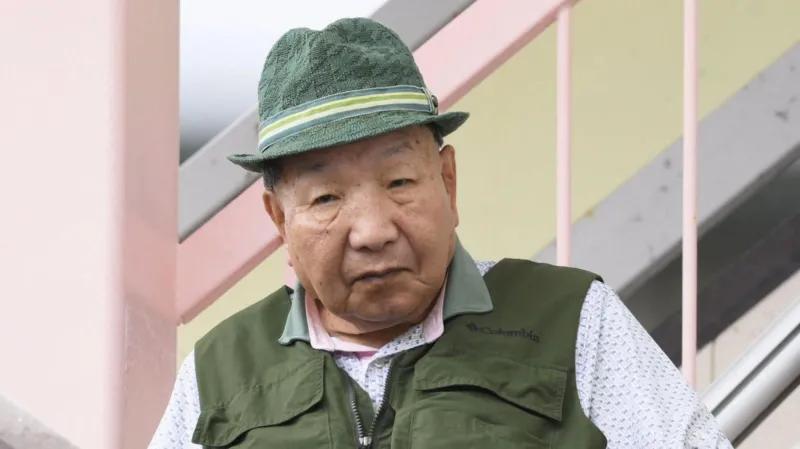International
World’s Longest-Serving Death Row Inmate Acquitted After 50 Years In Japan

Iwao Hakamada, who spent more than 50 years on death row, was originally convicted in 1968 for the quadruple murder of his employer, the man’s wife, and their two teenage children.
However, new evidence casting doubt on the integrity of the original case led to his retrial and eventual exoneration.
EDITOR’S PICKS:
- School Proprietress Allegedly Killed, Burnt By Son In Delta
- Man Detained for Allegedly Killing Mother, Mutilating Son in Abia
- Fubara Regains Freedom After 11 Days in Captivity
Hakamada’s conviction was largely based on bloodstained clothes found in a miso tank shortly after the brutal murders in Shizuoka, west of Tokyo. Authorities accused him of killing the family, setting their house on fire, and stealing 200,000 yen. Although Hakamada initially denied the charges, he later confessed under duress after enduring interrogations of up to 12 hours a day.
The turning point came when Hakamada’s defense team presented DNA evidence showing that the blood on the clothes did not match his, suggesting the garments belonged to someone else. In 2014, Judge Hiroaki Murayama concluded that the clothing did not belong to Hakamada and that “the possibility of his innocence has become clear to a respectable degree.” This critical development paved the way for a retrial. Due to his deteriorating mental health, Hakamada has been living with his sister since his release in 2014.

On Thursday, the Shizuoka District Court declared Hakamada innocent, determining that the prosecution’s evidence had been fabricated. Outside the courtroom, supporters cheered “banzai” as news of the acquittal spread. Although Hakamada was too ill to attend, the verdict marked the end of one of Japan’s most protracted and notorious legal battles, with over 500 people vying for seats in the courtroom.
FURTHER READING
- Poverty, Hardship: Nigerians Turn To Organ Selling Amid Crisis
- Petrol Price Hike Pushing Nigerians To Breaking Point – NLC, Atiku
- No Mass Resignation Of Soldiers Due To Corruption, Low Morale -Nigerian Army
Hakamada’s time on death row, much of it in solitary confinement, took a heavy toll on his mental health, according to his family and legal team. His sister, Hideko, now 91, who has tirelessly campaigned for his release, expressed her relief, saying, “Finally, a burden has been lifted.”
Retrials for death row inmates are exceedingly rare in Japan, and Hakamada’s case is only the fifth such instance since World War II. With Japan being one of the few developed nations that still practices capital punishment, his exoneration has raised serious concerns about the justice system, particularly in cases involving capital punishment.
As Japan reflects on its capital punishment policies, Hakamada’s case highlights the dangers of wrongful convictions and emphasizes the urgent need for judicial reform and more rigorous examination of evidence in death penalty cases.
Click here to watch our video of the week:
Advertise or Publish a Story on EkoHot Blog:
Kindly contact us at [email protected]. Breaking stories should be sent to the above email and substantiated with pictorial evidence.
Citizen journalists will receive a token as data incentive.
Call or Whatsapp: 0803 561 7233, 0703 414 5611

















